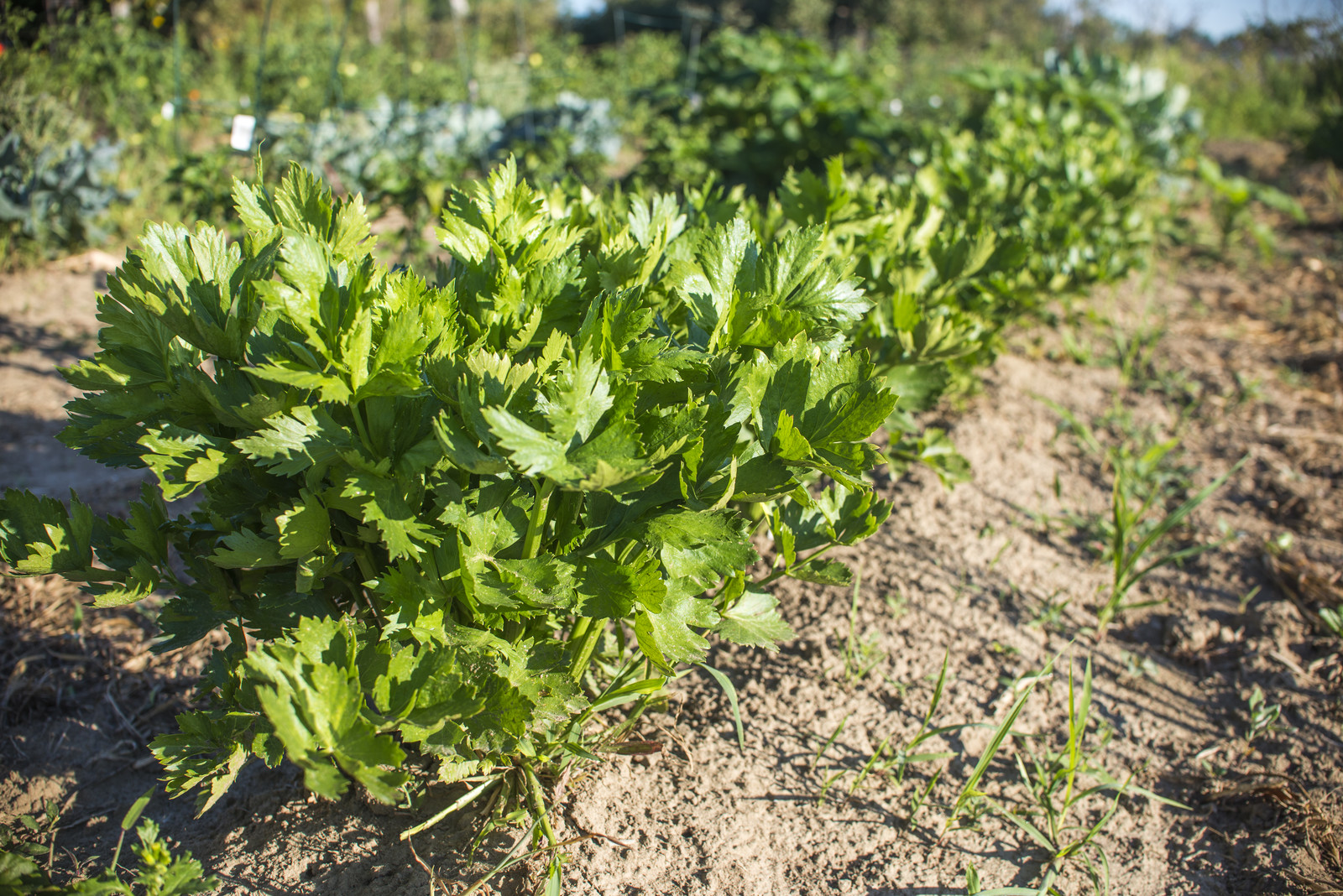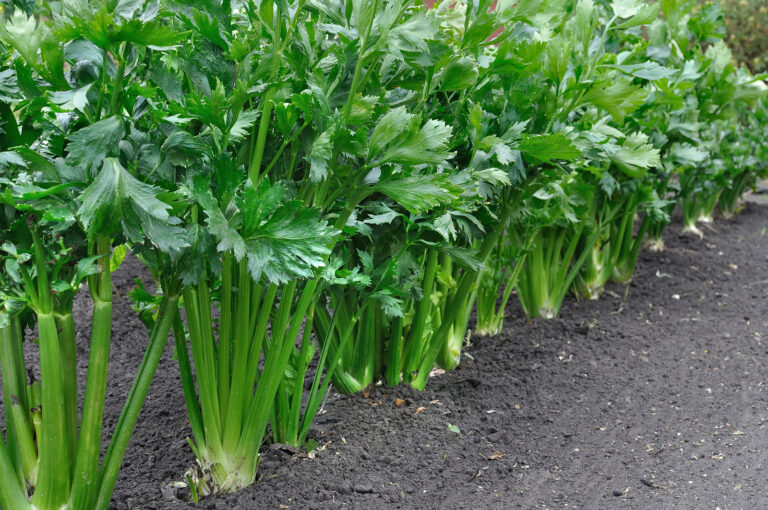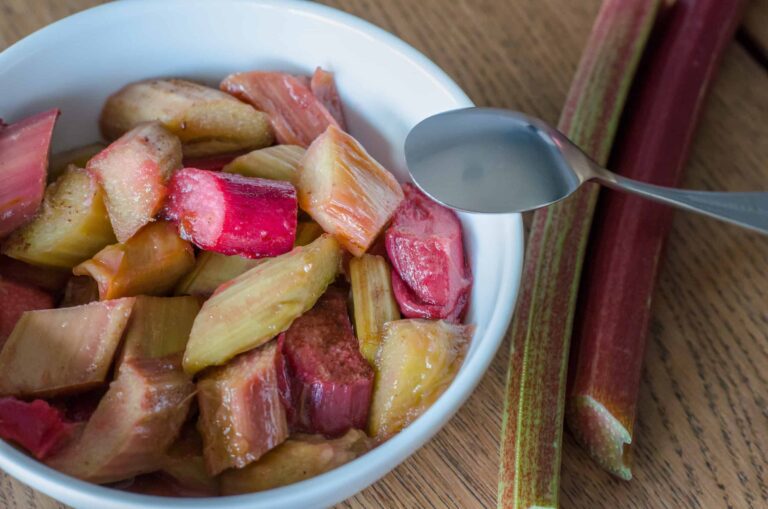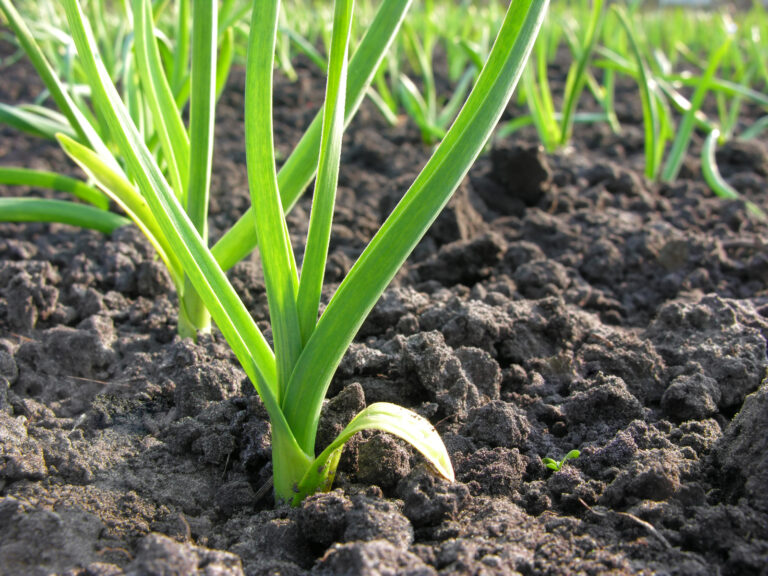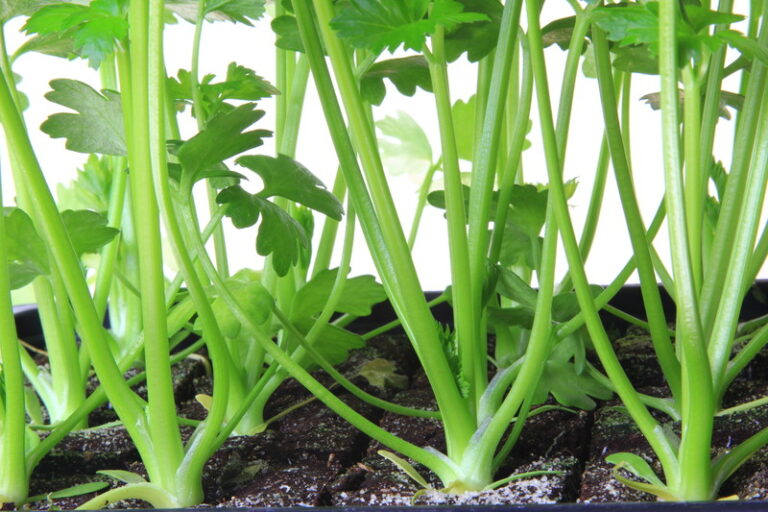How to Water Celery for Crisp, Tender Stalks
Watering celery correctly is one of the most important factors in growing crisp, tender stalks. From my years of gardening, I’ve learned that celery is far less forgiving than many vegetables when it comes to uneven moisture. If the soil dries out, stalks can turn stringy, tough, or hollow. If it’s overwatered, roots may rot. The key is finding—and maintaining—the right balance.
Why Consistent Watering Matters for Celery
Celery is about 95% water, so it relies on steady soil moisture for quality growth. Irregular watering stresses the plants, leading to bitter flavor and poor texture. My best harvests have always come from keeping the soil evenly moist every single day.
How Much Water Celery Needs
- Weekly amount: About 1–1.5 inches of water per week (rainfall + irrigation combined).
- Daily monitoring: Check soil daily; it should feel damp, not soggy.
- Mulching: Apply 2–3 inches of organic mulch (straw, compost, or shredded leaves) to lock in moisture.
Best Watering Techniques for Celery
- Soaker hoses or drip irrigation: Deliver slow, steady moisture directly to the root zone.
- Morning watering: Gives plants time to absorb moisture and reduces risk of fungal diseases.
- Avoid overhead watering: Wet leaves invite diseases like leaf spot and blight.
Signs Celery Needs More Water
- Stalks start to split or grow hollow
- Leaves wilt or turn yellow at the edges
- Flavor becomes stronger or more bitter
Personal Tip from Experience
I’ve found that watering lightly every day works better than soaking once or twice a week. Celery thrives with consistency, and I’ve avoided many tough harvests by treating celery differently from my other vegetables—it’s simply more demanding about water.
Final Thought
If you want crisp, tender celery, treat watering as part of your daily garden routine. With consistent soil moisture, your stalks will grow sweet, crunchy, and kitchen-ready.
Celery Watering Schedule by Season
| Season | Watering Frequency | Notes & Tips |
|---|---|---|
| Spring (cool, moist weather) | Light watering every 2–3 days | Monitor rain; avoid waterlogging. Mulch early to retain soil warmth and moisture. |
| Summer (hot, dry weather) | Daily or every other day | Celery dries out quickly—use drip irrigation or soaker hoses. Mulch heavily (2–3 inches). |
| Fall (cooler temps) | Every 2–3 days | Reduce slightly as temps cool but keep soil evenly moist until harvest. Protect with row covers if frost threatens. |
| Winter (mild climates only) | Every 3–4 days | Water less often; celery grows slowly. Avoid soggy soils in rainy periods. |
✅ Quick Tip from Experience: I check celery beds daily in summer, even with drip irrigation, because one missed day in a heatwave can ruin stalks.
Celery Growing Hub
Start here: The Ultimate Celery Growing Guide: From Seed to Harvest
Celery Basics & Types
- Types of Celery Explained: Pascal, Leaf, and Celeriac Compared
- Best Celery Varieties for Home Gardeners
- Celery vs. Celeriac: Growing, Harvesting, and Cooking Differences
- What You Should Know About Celery Pollination
Planting & Site Prep
- When to Plant Celery by USDA Zone
- Celery Seed Starting Tips
- Direct Sowing Celery: Outdoor Seed Starting Guide
- Proper Celery Spacing and Planting Layout for Healthy Growth
- The Best Companion Plants for Celery and What to Avoid
- How to Grow Celery in Containers or Pots
Care & Maintenance
- How to Water Celery for Crisp, Tender Stalks
- Fertilizing Celery: Feeding Tips for Bigger, Tastier Stalks
- Celery Blanching Techniques: How to Get Tender, Mild Stalks
- Celery Care Throughout the Growing Season
Pests & Diseases
- Common Celery Pests and Diseases How to Control Them Naturally
- Celery Growing Problems: Troubleshooting
Harvest & Beyond

